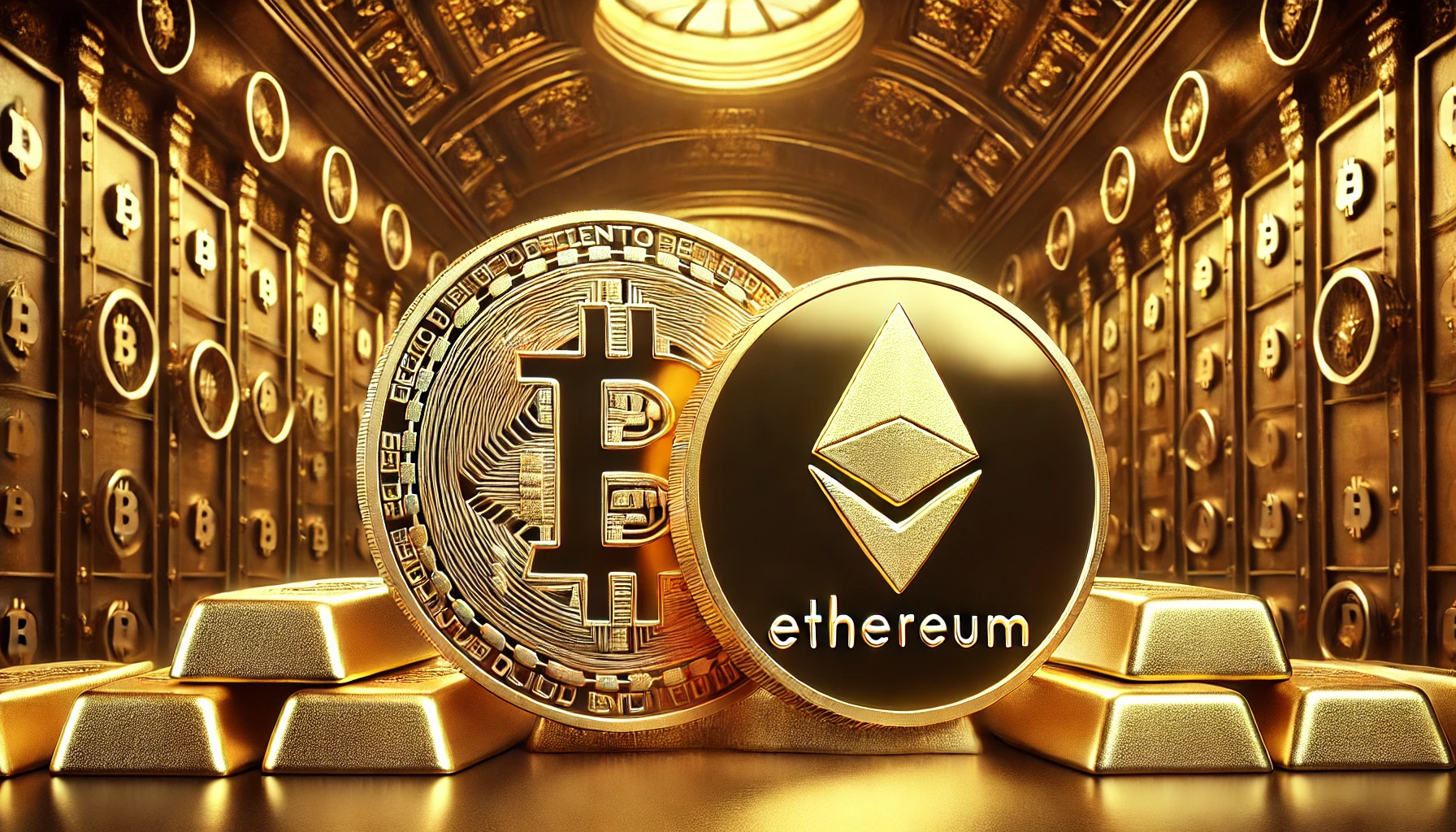Decentralized Physical Infrastructure Networks (DePIN) are poised to transform various industries by applying blockchain technology to real-world infrastructure. This article explores the concept of DePIN, its advantages, and potential applications in the future.
Points
- DePIN applies blockchain principles to physical infrastructure.
- Advantages include monetization of idle assets, efficient resource sharing, and enhanced transparency.
- DePIN could revolutionize industries such as energy, telecommunications, and transportation.
- Future trends suggest increased integration with IoT and AI technologies.
Once in a while, the crypto space gets ignited with a new buzzword that may (or may not) be more than a buzz. DePINs most likely don’t fall into the fleeting trend category. The new approach to decentralized infrastructure may be a game-changer for many industries relying on internet connection. DePINs also provide a massive opportunity to earn crypto online – if you’re patient enough to wait until the idea takes off for real.
What is DePIN?
Decentralized Physical Infrastructure Networks (DePIN) apply blockchain’s decentralization principles to real-world infrastructure and systems, including data centers, wireless networks, energy grids, supply chains, and transportation systems. A DePIN system enables the sharing of hardware resources, such as internet connections, storage space, or computing power, through a decentralized network based on blockchain architecture.
Key Features of DePIN
- Monetization of Idle Assets: Network participants can earn rewards in cryptocurrency by sharing underutilized resources like idle computers or fast Wi-Fi, creating passive income and maximizing infrastructure value.
- Efficient Resource Sharing: DePIN eliminates centralized control, enabling direct, cost-effective resource sharing between users needing extra storage, processing power, or internet bandwidth.
- Transparency and Trust: DePIN smart contracts, operating on the blockchain infrastructure, manage resource sharing, ensuring clear terms of service, pricing, and dispute resolution, fostering trust without intermediaries.
How DePIN Works
DePINs are built on the backbone of Decentralized Finance (DeFi), creating a peer-to-peer marketplace for trading resources. Individuals with underutilized resources can connect their physical assets, like a Wi-Fi router or a computer, to the DePIN network. Smart contracts, self-executing programs stored on the blockchain, manage the entire process, defining the terms of resource sharing, including usage fees and uptime guarantees.
Simultaneously, individuals or businesses seeking resources can use a DePIN app to find what they need. When a user taps into a resource, a small fee in cryptocurrency is automatically deducted based on the smart contract’s terms. This fee is transparent and reflects factors like resource type, usage duration, and network demand. The network then securely distributes this fee to the resource provider, rewarding them for sharing their assets.
Advantages of DePIN
Monetization of Idle Assets
A DePIN allows network participants to earn rewards in cryptocurrency by sharing underutilized resources like idle computers or fast Wi-Fi, creating passive income and maximizing infrastructure value.
Efficient Resource Sharing
DePIN distributed networks eliminate centralized control, enabling direct, cost-effective resource sharing between users needing extra storage, processing power, or internet bandwidth.
Transparency and Trust
DePIN smart contracts operating on the blockchain infrastructure manage resource sharing, ensuring clear terms of service, pricing, and dispute resolution, fostering trust without intermediaries.
Real-World Applications of DePIN
DePIN physical resource networks have innumerable potential applications in providing real-world services. With data storage and wireless connectivity as core features, the DePIN infrastructure allows users to optimize business operations and bypass centralized institutions, all in a flexible and cost-efficient manner.
Enhanced Cloud Services
DePINs can create a distributed and competitive cloud market, offering resources based on real-time availability and pricing, potentially lowering costs.
Sharing Economy
DePIN networks go beyond basic resources, facilitating a wide range of applications. This includes complex calculations, renting out unused IoT devices, providing access to specialized equipment, sharing solar panel energy, and granting access to electric vehicle charging stations, benefitting both car owners and businesses with unused charging capacity.
Content Delivery Networks (CDNs)
DePIN projects can decentralize content delivery (providing web-based media over the internet or other media, like television broadcasts), leveraging geographically distributed storage for faster, more reliable service compared to traditional CDNs.
Internet of Things (IoT)
DePINs support a robust IoT ecosystem, enabling devices to securely share data and access processing power, enhancing applications in smart cities and industrial automation.
Future Trends in DePIN
Integration with AI and IoT
Adding artificial intelligence to the mix may provide an even bigger boost to the emerging ecosystem, resulting in a real paradigm shift. Essentially, AI involves developing machines that can learn and perform tasks typically requiring human intelligence. DePIN networks could use this potential for optimizing resource utilization and pricing based on real-time demand and usage patterns.
Development of Sustainable Practices
As environmental concerns become more pressing, the development of sustainable practices within DePIN networks will be crucial. This includes adopting energy-efficient technologies and reducing the carbon footprint of decentralized infrastructure.
Conclusion
DePIN represents a new frontier in decentralized technology, offering the potential to transform how we manage and share physical infrastructure. By leveraging blockchain technology, DePINs provide efficient, transparent, and cost-effective solutions for a wide range of applications. As the technology continues to evolve, its integration with AI and IoT, along with the development of sustainable practices, will drive further innovation and adoption in various industries.
解説
- Monetization of Idle Assets: DePIN allows individuals to earn passive income by sharing underutilized resources like Wi-Fi and computing power.
- Efficient Resource Sharing: DePIN eliminates the need for centralized control, enabling cost-effective and direct resource sharing.
- Future Trends: Integration with AI and IoT, along with sustainable practices, will drive the future of DePIN.
